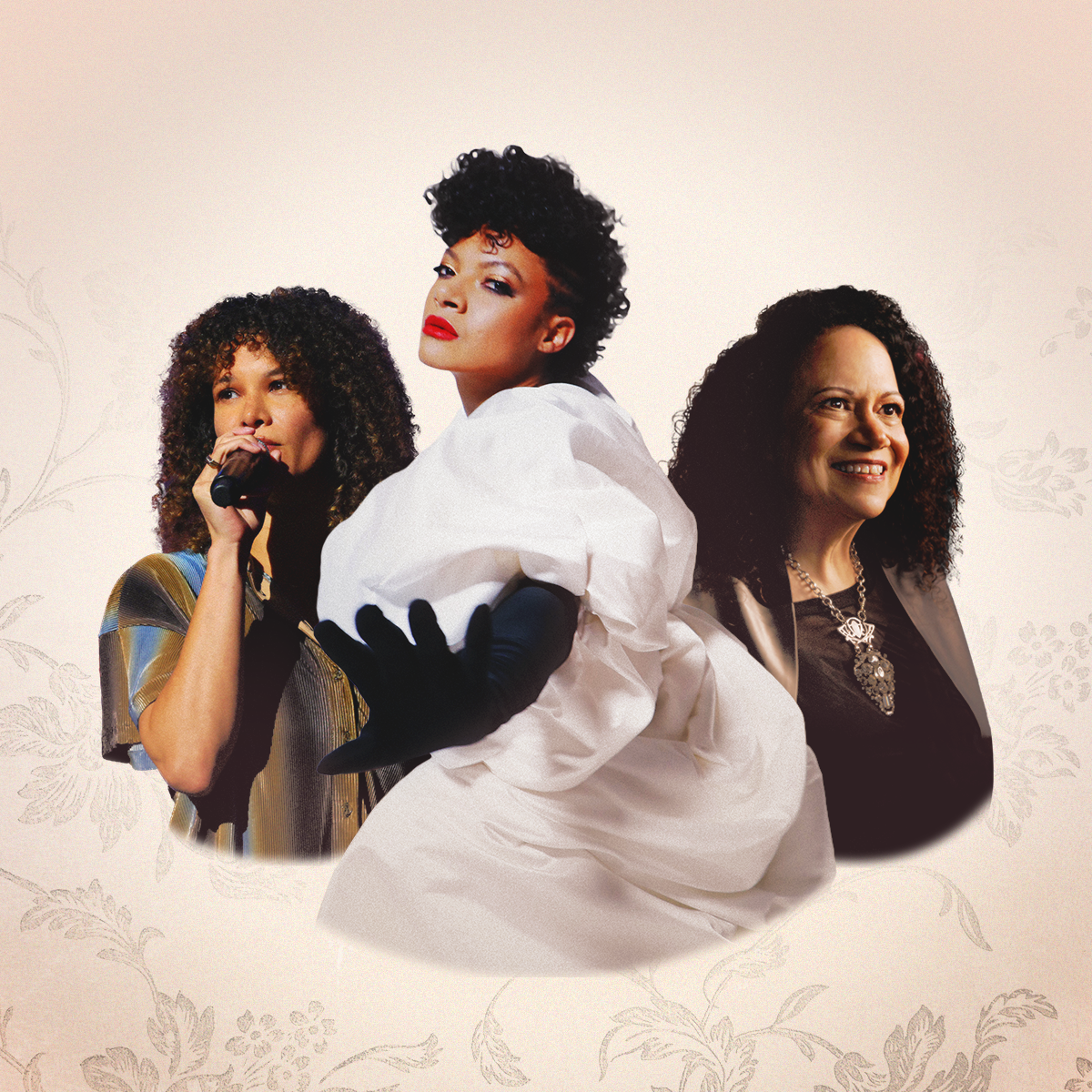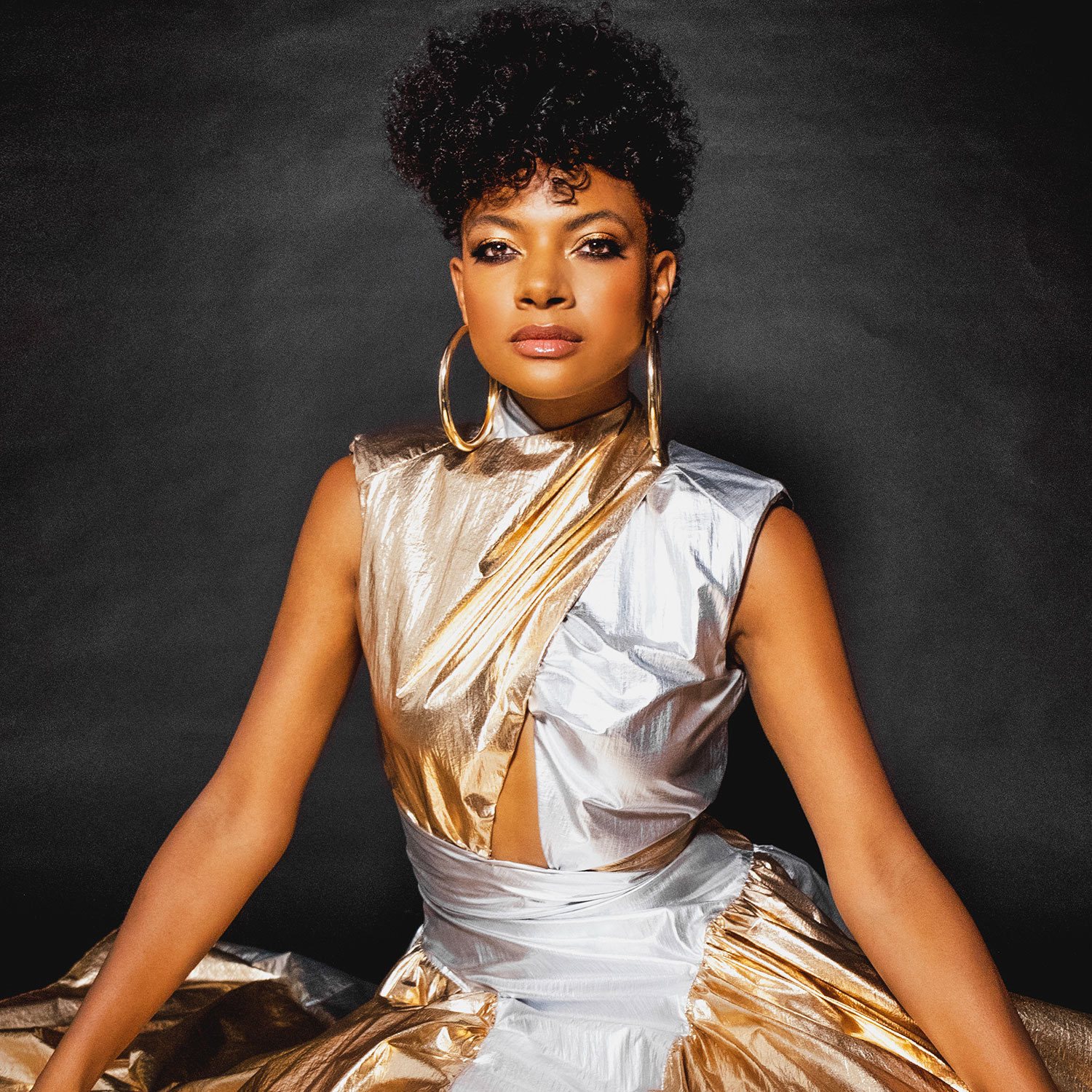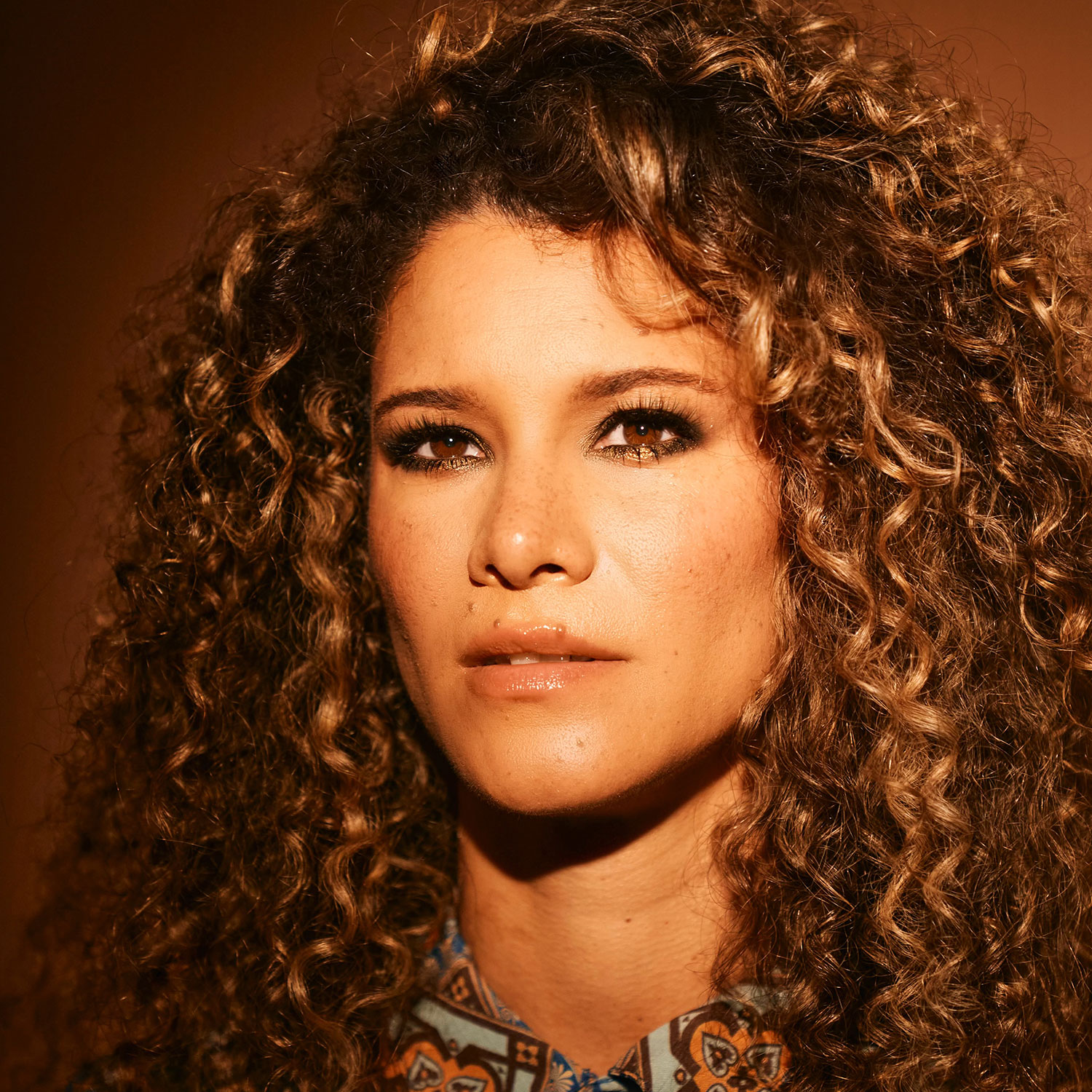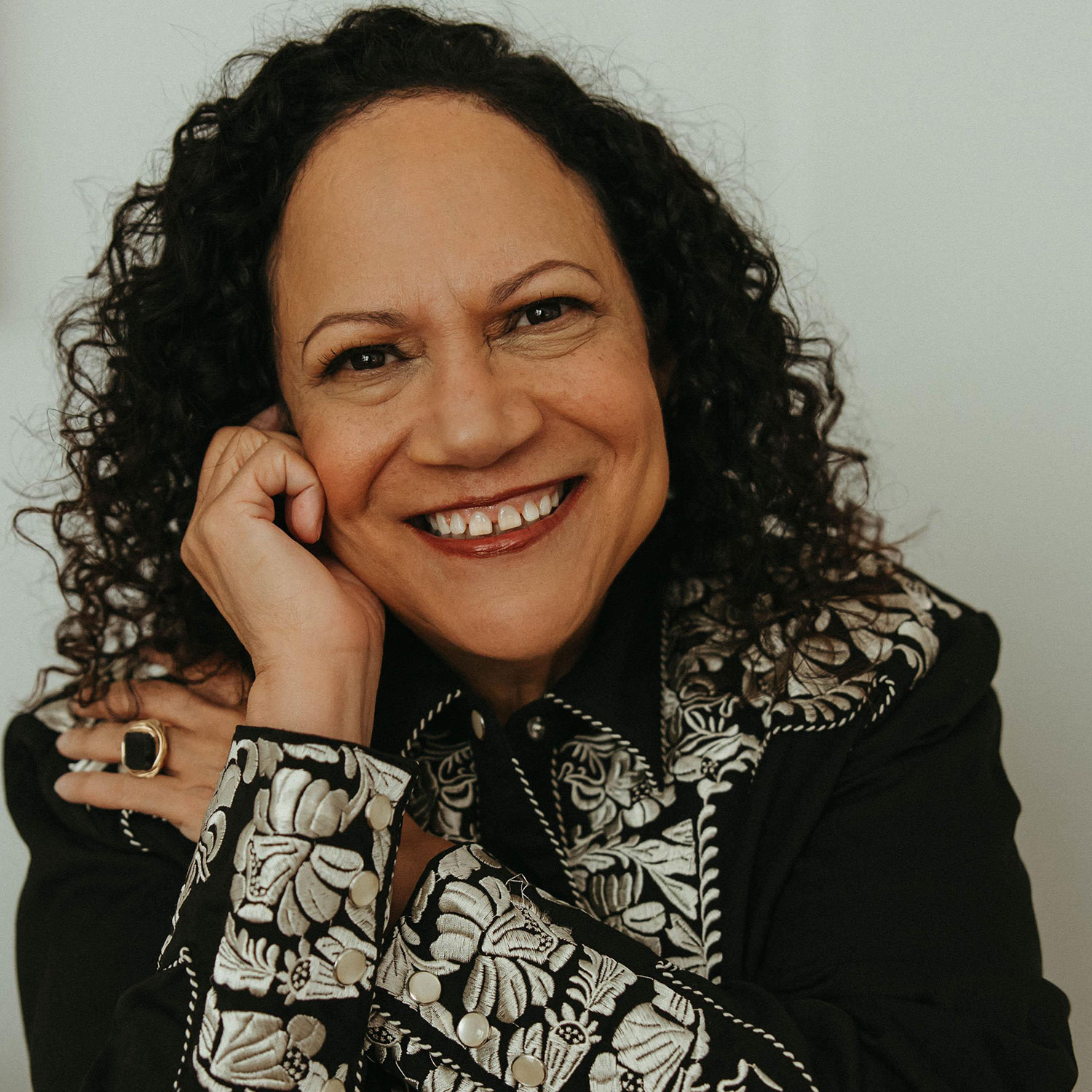
Linda Martell. Dona Mason. Rissi Palmer. Mickey Guyton. All Black women who are responsible for bringing diversity in country music into the limelight. And they aren't the only ones.
Black people have always been a part of country music—they just haven’t always been seen; their voices not always heard. A 2022 report by the Black Music Action Coalition writes: “The commercial country music industry has done an excellent job reinforcing the messaging and visual branding of its desired ‘truth’ over the last nearly 100 years, that for most of the history of the recording industry, the rest of America has accepted it as fact.” That “truth” being that the genre is by, and for, white people.
“But there is no country music without Black instruments, Black voices, Black sounds, Black aesthetics, and Black songwriters who are the hardest to get completely acknowledged,” says Alice Randall, an award-winning songwriter and the first Black woman to co-write a No. 1 country song.
Then Beyoncé released Cowboy Carter, and conversations about race in country music reached a new level of attention. Artists like Tanner Adell, Tiera Kennedy, Brittney Spencer, Reyna Roberts, Willie Jones, and Shaboozey, received an increase in streams since their appearance on the album. Even the living legend herself, Linda Martell, got a significant amount of press after being featured on a track.
And so, at a time when it feels like acknowledgment of Black creators in the country music scene is finally happening—and things are changing to become more diverse and inclusive—we brought together a group of women to discuss: Is it though? Joining Randall is Allison Russell, a Grammy-award-winning singer-songwriter, and Amara Hall, a Nashville-based talent producer.

Marie Claire: What led you to country music?
Allison Russell: I don't consider country music my identity. I would say country adjacent. As an up-and-coming musician, it was the folk scene in the early aughts in Vancouver that really drew me in. My first baby band was Po’ Girl. We started rambling around the country, train hopping, sleeping on floors, and taking our 1978 Chevy Starcraft van to play Folk Fest across Canada. The Folk Fest scene is all-encompassing of every genre.
We all know how problematic genre is and that it's a construct. Unfortunately, much in the same way that race is used to divide and extract and sort of conquer—genre takes away from what music actually does, which is to bring us together and transcend supposed barriers and boundaries.
I became drawn to Nashville as a writer because of how much work there was there, and because of my sister Rhiannon Giddens. She was a trailblazer there. When we moved to Nashville, it was 2017, and Rhiannon was on that show Nashville.
She was on the last two seasons of it and she had just bought a house in Madison, Tennessee. We had started going down because of Americana Fest. I've always identified more with the folk and Americana community because they seemed more welcoming, even though there wasn't a ton of melanin happening when I first started, but they were at least trying to open the doors wider with purpose and trying to fight biases and bigotries of the past and actively change that, so I felt more welcomed and drawn into those communities.

Amara Hall: I've always been someone who wants to know how things work. I can remember being drawn to music—working in music—because I wanted to know why do I hear these people that I hear on the radio? Why am I hearing some people over other people?
I was drawn to Nashville specifically because I felt like, Wow, there's no one that looks like me here—but I think that there will be. I got to Nashville in 2012, and so I don't think I really knew what I was doing here until I turned around one day, and I started seeing more faces, and I thought, Okay, this is good.
I think about how Alice said that she kind of traversed to Nashville knowing that there weren't really people of color in country music, but if she didn't come, who would be there? I feel very seen in that sense. I feel like I'm here, and I'm meant to be here.
Alice Randall: My mother, my grandmother, and my aunt, all loved country music. For Black women of those eras, that was not uncommon. If you were a Black woman in the rural South in the ‘30s and ‘40s, the only music you could hear on the radio was country. There were no Black radio stations in America until the late ‘50s and ‘60s. There was a lot of exposure to country—it wasn't that all Black people liked country, but a large number of Black people did like and hear some country.
Part of what they were hearing from the very beginning was DeFord Bailey—the very first Opry star was a Black man and who I consider to be the father of country music.
Country can't exist without Black aesthetics. Without Black aesthetics, it’s just folk music. The radical old Black lady in me, I totally elevate country over folk music because it has to have blackness in it. Whether or not Black bodies were allowed to make the money that they should have for what they created; whether or not Black people were recognized for their genius; country has always held a treasure trove of unheralded Black genius and Black female genius. I have made it my life's work to create recognition for that.
We listen to music like it's a gumbo. I'm not just out here listening to Allison Russell. I'm also out listening to Denitia as much as I'm listening to Angie K as much as I'm listening to Miley Cyrus.
MC: Nashville is inextricably linked to country music. I would love to hear about the city from your perspective since that influences the state of the industry.
Randall: When I first arrived in 1983 I couldn't even rent an apartment as a Black [person]. My first apartment, the bank rented it for me because I had to rent it sight unseen. I couldn't get a loan at Sears when I had excellent credit as a Black woman. The lady in my laundry room asked me who I belonged to. I cannot tell you the number of times, even in this century, that the bank said they weren't going to cash my check because they said I didn't look like I could have that much money in my account. That is all real and that has changed.
The industry didn't fight any of that when I got here. We could have created all this art and contributed so much to it, but we weren’t getting a seat at the table. I had to create a publishing company. I signed other writers because I knew I wouldn't get a fair shake in any publishing company.
Russell: What I think is so fascinating right now about this time in the South—it feels like a reverse migration is happening and that is very empowering and that is changing things.
I'm on this tour with Hoizer right now, and I have never played to more Black women, young, femme presenting, gender diverse, young Black folks who identify with all kinds of genres of music, but who are coming to these shows and finding each other.
It's so fascinating the way circles of people find each other. It's just exponentially growing. The work you’re doing as a curator and an artist is revolutionary because 98 to 99 percent of curation has been white, straight male dominated for all of history.
Hall: I think that's probably my favorite part, like, okay, white male, white male, white male, white male. Well, if we can just at the very least make that Black female, white male, Black male, Indigenous female, white woman, and just make it reflective of who is out here ingesting music.
We listen to music like it's a gumbo. I'm not just out here listening to Allison Russell. I'm also out listening to Denitia as much as I'm listening to Angie K as much as I'm listening to Miley Cyrus. The way that we take in art is so multicultural and so beautiful.

MC: What do you feel has changed since you first began working in country music?
Randall: What I didn't have—I could cry over this more than anything else—we didn't have a press that would tell our stories. There were no agents that looked like me, not a lot of artists. There were not people pushing forward [Black] producers, managers, public relations people, stylists. All of those exist right now.
Hall: I went from taking my first job on Music Row in 2013 as the front desk chick at this indie label and not interacting with another Black person for years. Fast forward to 12 years later and I actually work with other Black women who work in Americana and blues and roots and country as artists. That, to me, is revolutionary.
This is a wild woman's town right now. I think that something deep is going on, and that that includes women of all varieties. That wild woman energy is renovating this world.
MC: Is there anything you feel still needs to change?
Randall: A big network wanted me to be part of a thing with a lot of big country stars. They were thinking about having one white male journalist. I just said, ‘If you don't invite a Black journalist, I won't be doing it.’
I'm supportive of all kinds of artists' careers. I supported Garth Brooks's early career, but the point is, I haven't had enough chances to support Black women's careers. Right now, we need to make sure the journalists, the bankers, the publicists, the songwriters—not just the person singing—has the support around them to have their best chance to succeed.
MC: Do you feel accepted in the industry?
Russell: In 2020, I started connecting more with other Black women in the industry who identified as country, like our chosen sister Brittney Spencer. Rissi [Palmer] and I connected during 2020, too.
It was because Rissi covered a song of mine “Barley” at a former plantation in North Carolina that we were able to reclaim and reconsecrate that space. The only two people to date that have recorded songs of mine are Rissi Palmer and Lizz Wright, two incredibly powerful, brilliant Black women.
Hall: I feel there is circle work that’s being done, and I’m watching all the tables that are being built.
MC: There has been a lot of attention on country music recently, especially as it relates to race. What does this moment mean to you? And what do you hope this attention brings?
Russell: I think it's continuing to grow the circles. When the door opens, you don't just walk through, you bring as many people through as you can. That's what really changes the whole ecosystem and environment and what's possible. Exactly what both Allison and Amara have been saying—you keep intentionally uplifting and amplifying the voices of the people you want to see prosper.
For me, it's like, I try to work with people that I want to see prosper who are also brilliant. You have to also be true to your art. You can't only work with someone because of the demographic. You have to be able to feel each other too.
Randall: I am so thrilled that I have lived to see a day with so many extraordinary people—so much extraordinary Black female genius out in the world. It's a particular time in a particular moment. They used to call this a young man's town. This is a wild woman's town right now. I think that something deep is going on, and that that includes women of all varieties. That wild woman energy is renovating this world.
Right now, we need to make sure the journalists, the bankers, the publicists, the songwriters—not just the person singing—has the support around them to have their best chance to succeed.
Russell: We are actively resisting the construct of false scarcity that encourages detrimental competition instead of empowering community. It's not divide and conquer; it's define and empower as Audre Lorde taught us long ago. It's even more imperative that we understand and embody and embrace that now.
Hall: I think that you two are a perfect example of that with your project My Black Country. I'm not aware of any other record that is a reimagination of past songs done by the people you wrote it for.
While this moment is here, let’s continue to reverberate this spotlight, share the love, double click on the community of creatives, invite a friend to the barbecue. Don’t stop at the first five Black artists that come up on Google, go to the second, third, fourth pages, and beyond. If you find an artist you really vibe with—go see them on tour, buy their merch, support their journey, send encouragement.
My hope for this new wave of Cowboy Carter fans is that the interest spreads to the beautiful, hard working Black men and women who’ve been here in this space for years; that a new generation rises with the knowledge of Black country music and that gets reflected in the audience, and in the fans who begin to consume this music as a member—not a guest.
This interview has been condensed and edited for clarity.







